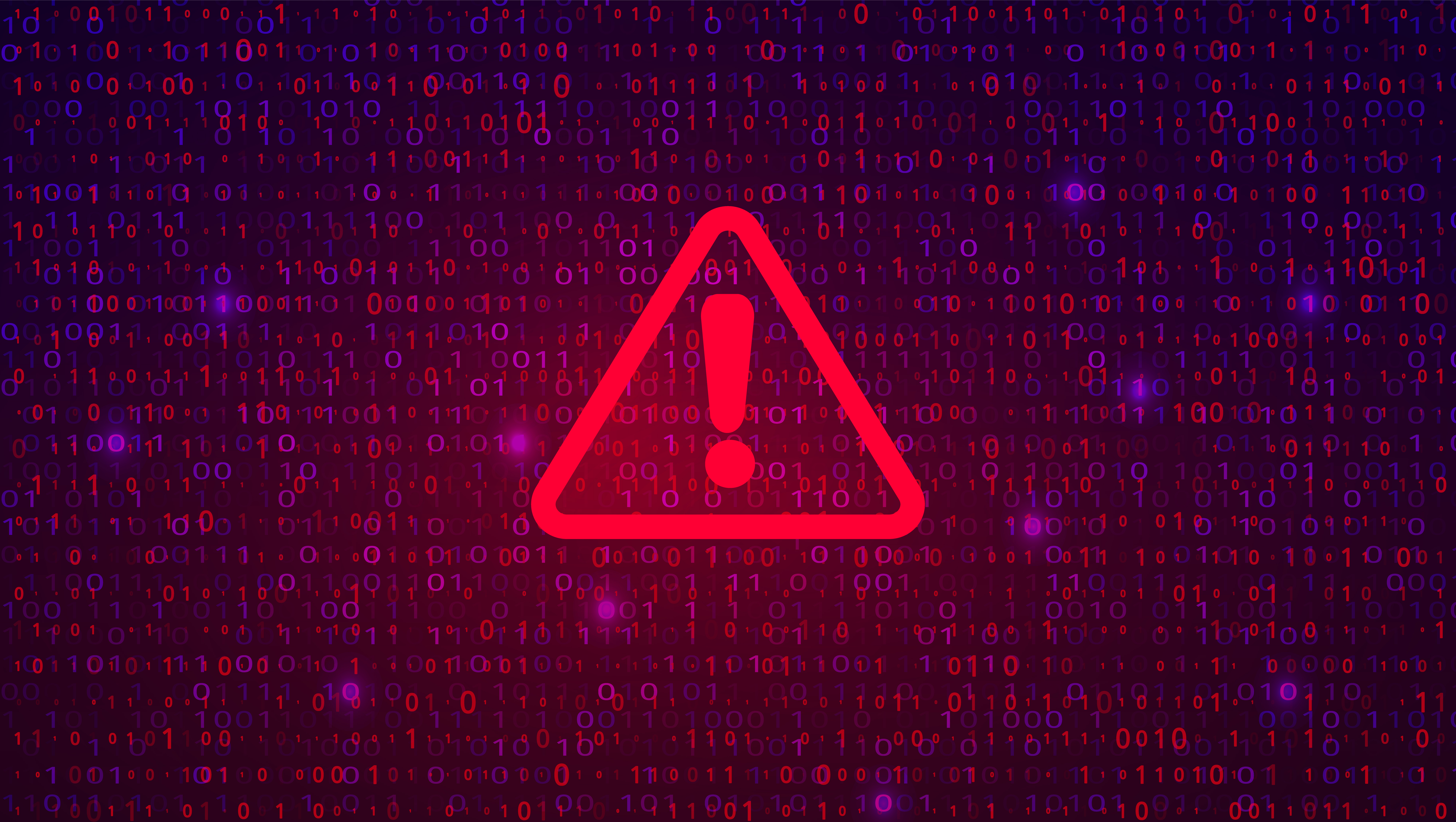VMware’s ESXi security issues spur new ransomware gang into action
The popularity of ESXi combined with a lack of security tools makes it an “attractive target” for threat actors


Security experts have issued a warning over a new ransomware as a service (RaaS) gang that has been observed targeting VMware ESXi servers.
Researchers at CrowdStrike said the new group, dubbed ‘MichaelKors’, was first identified operating in the wild in April this year.
The group was observed providing affiliate groups with ransomware binaries specifically targeting Windows and ESXi/Linux systems.
The discovery comes amid a period of rising concern over threat actors increasingly targeting ESXi interfaces due to a pervasive lack of security tools, researchers said.
“More and more threat actors are recognizing that the lack of security tools, lack of adequate network segmentation of ESXi interfaces, and in-the-wild vulnerabilities for ESXi create a target-rich environment,” they said.
CrowdStrike said it has “increasingly observed big game hunting threat actors” deploying Linux versions of ransomware tools to target VMware’s ESXi vSphere hypervisors.
This trend escalated significantly in the first quarter of 2023, the company added.
Get the ITPro daily newsletter
Sign up today and you will receive a free copy of our Future Focus 2025 report - the leading guidance on AI, cybersecurity and other IT challenges as per 700+ senior executives
“RaaS platforms including ALPHV, LockBit and Defray – tracked by CrowdStrike Intelligence as ALPHA SPIDER, BITWISE SPIDER and SPRITE SPIDER, respectively – have been leveraged to target ESXi,” researchers at the firm said.
ESXi vulnerabilities
According to CrowdStrike, the emergence of an aggressive new RaaS group could pose significant risks for organizations leveraging VMware’s hypervisor.
RELATED RESOURCE

Achieving resiliency with Everything-as-a-Service (XAAS)
Transforming the enterprise IT landscape
DOWNLOAD FOR FREE
ESXi by design, researchers said, “does not support third-party agents or antivirus software and VMware states in its documentation that antivirus software is not required”.
This inherent vulnerability, combined with the popularity of ESXi, makes it a “highly attractive target” for threat actors.
ESXi is a Type-1 hypervisor developed by VMware that is used extensively by businesses worldwide to run and manage virtual machines (VMs).
“VMware virtual infrastructure products are highly attractive targets for attackers due to the predominance of this vendor in the virtualization field and because VMware’s product line is often a crucial component of an organization's IT infrastructure virtualization and management system,” researchers said.
ESXIArgs concerns
Earlier this year, organizations globally scrambled to mitigate risks associated with ESXi after vulnerabilities were actively exploited by threat actors.
In February, the French Computer Emergency Response Team (CERT-FR) issued a warning over the ESXiArgs ransomware campaign.
Tracked as CVE-2021-21974, the security vulnerability was caused by a heap overflow issue in the OpenSLP service, and enabled an attacker to remotely execute arbitrary code.
Threat actors were able to target unpatched ESXi servers due to a two-year-old remote code execution (RCE) vulnerability.
Within days of the disclosure from CERT-FR, thousands of organizations spanning both the public and private sectors were impacted by the vulnerability.
Data compiled by Censys and Shodan revealed that, within two days of the disclosure, more than 2,800 organizations had been affected and were experiencing an onslaught of attacks.

Ross Kelly is ITPro's News & Analysis Editor, responsible for leading the brand's news output and in-depth reporting on the latest stories from across the business technology landscape. Ross was previously a Staff Writer, during which time he developed a keen interest in cyber security, business leadership, and emerging technologies.
He graduated from Edinburgh Napier University in 2016 with a BA (Hons) in Journalism, and joined ITPro in 2022 after four years working in technology conference research.
For news pitches, you can contact Ross at ross.kelly@futurenet.com, or on Twitter and LinkedIn.
-
 Dragging your feet on Windows 11 migration? Rising infostealer threats might change that
Dragging your feet on Windows 11 migration? Rising infostealer threats might change thatNews With the clock ticking down to the Windows 10 end of life deadline in October, organizations are dragging their feet on Windows 11 migration – and leaving their devices vulnerable as a result.
By Emma Woollacott
-
 Should AI PCs be part of your next hardware refresh?
Should AI PCs be part of your next hardware refresh?AI PCs are fast becoming a business staple and a surefire way to future-proof your business
By Bobby Hellard
-
 ‘Phishing kits are a force multiplier': Cheap cyber crime kits can be bought on the dark web for less than $25 – and experts warn it’s lowering the barrier of entry for amateur hackers
‘Phishing kits are a force multiplier': Cheap cyber crime kits can be bought on the dark web for less than $25 – and experts warn it’s lowering the barrier of entry for amateur hackersNews Research from NordVPN shows phishing kits are now widely available on the dark web and via messaging apps like Telegram, and are often selling for less than $25.
By Emma Woollacott
-
 Healthcare systems are rife with exploits — and ransomware gangs have noticed
Healthcare systems are rife with exploits — and ransomware gangs have noticedNews Nearly nine-in-ten healthcare organizations have medical devices that are vulnerable to exploits, and ransomware groups are taking notice.
By Nicole Kobie
-
 Alleged LockBit developer extradited to the US
Alleged LockBit developer extradited to the USNews A Russian-Israeli man has been extradited to the US amid accusations of being a key LockBit ransomware developer.
By Emma Woollacott
-
 February was the worst month on record for ransomware attacks – and one threat group had a field day
February was the worst month on record for ransomware attacks – and one threat group had a field dayNews February 2025 was the worst month on record for the number of ransomware attacks, according to new research from Bitdefender.
By Emma Woollacott
-
 CISA issues warning over Medusa ransomware after 300 victims from critical sectors impacted
CISA issues warning over Medusa ransomware after 300 victims from critical sectors impactedNews The Medusa ransomware as a Service operation compromised twice as many organizations at the start of 2025 compared to 2024
By Solomon Klappholz
-
 Broadcom issues urgent alert over three VMware zero-days
Broadcom issues urgent alert over three VMware zero-daysNews The firm says it has information to suggest all three are being exploited in the wild
By Solomon Klappholz
-
 Warning issued over prolific 'Ghost' ransomware group
Warning issued over prolific 'Ghost' ransomware groupNews The Ghost ransomware group is known to act fast and exploit vulnerabilities in public-facing appliances
By Solomon Klappholz
-
 The Zservers takedown is another big win for law enforcement
The Zservers takedown is another big win for law enforcementNews LockBit has been dealt another blow by law enforcement after Dutch police took 127 of its servers offline
By Solomon Klappholz